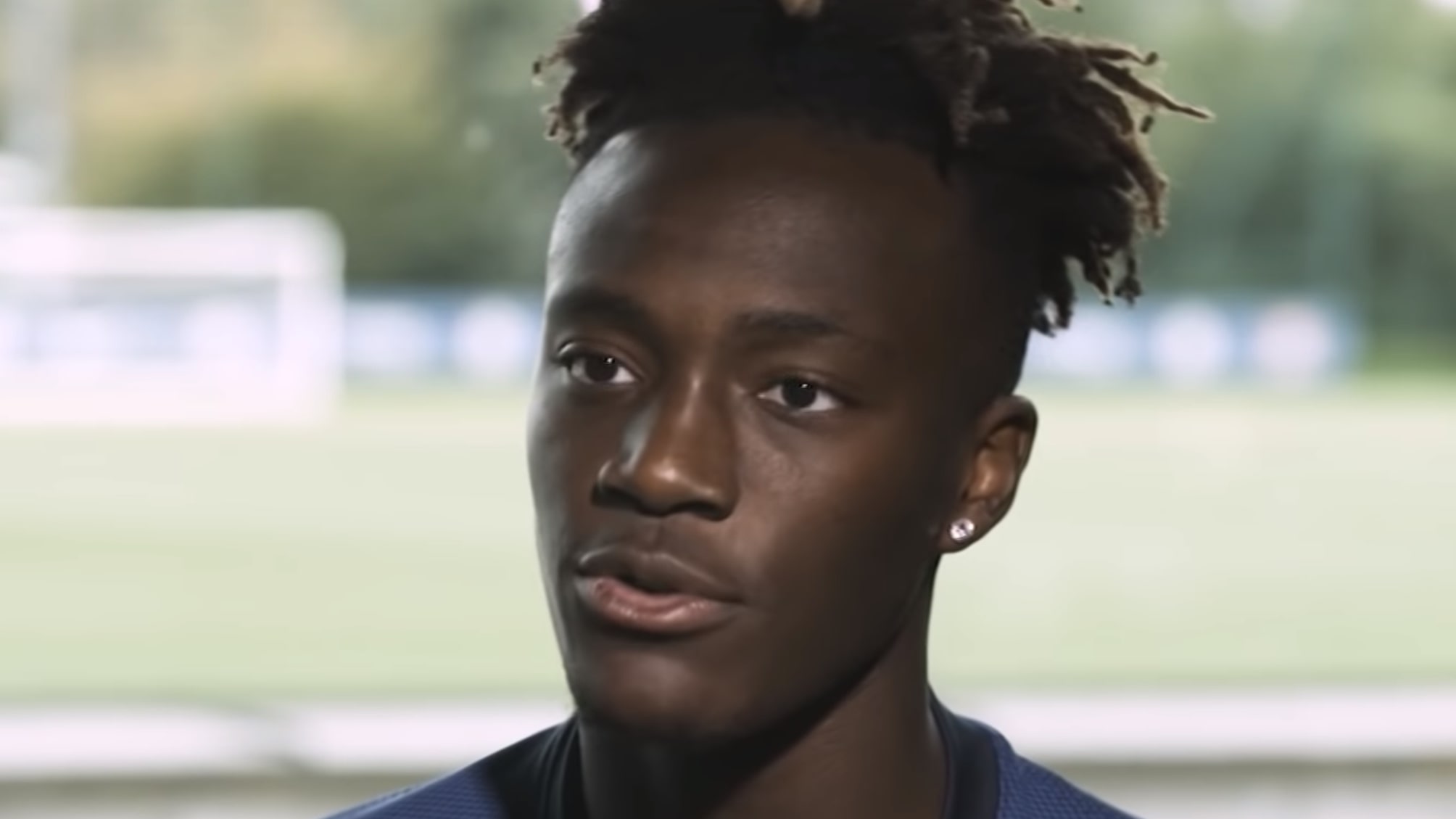Star forward Tammy Abraham told the BBC that the English National Soccer team would walk off the field if they heard racist language coming from the stands during their match against the Czech Republic on Friday.
The team plays Bulgaria on Monday, and both countries have a long history of showering Black players in horrendous slurs and taunts.
The situation has gotten so bad that Uefa, the body in charge of the Euro 2020 qualifying games, forced the Vasil Levski stadium in Sofia to close off 5,000 seats as part of a penalty for repeated instances of racism toward foreign players.
In March, a stadium in Montenegro was banned by Uefa for shouting monkey chants at Black English player Danny Rose.
"If it happens to one of us, it happens to all of us," Abraham told the BBC on Wednesday.
"Harry Kane even said that if we're not happy, if a player is not happy, we all come off the pitch together," he said.
Like many of the Black players playing soccer in Europe and for the national team, Abraham has been a target for racist abuse in England and abroad. He was at the center of a firestorm in August when he missed a penalty kick and was hit with an avalanche of racist abuse from English fans.
Uefa and team managers have been slow to address the issue, largely responding by saying there is little they can do to stop fans from shouting "n****r" or throwing banana peels at Black players.
But after years of withering criticism from soccer's massive Black population in Europe, Uefa decided to pass a series of somewhat weak rules and penalties concerning racist abuse.
They created a three-step protocol for racial abuse that ends with stadium announcements asking for fans to stop certain chants. If that does not work, the match will be ended.
"We did speak about that [the protocol]. Harry Kane did ask the question about instead of going through the three steps, if we decide that we want to stop the game — no matter what the score is — if we're not happy with it, as a team we'll decide whether or not to stay on the pitch," Abraham told the BBC.
"If it happens and let's say there's a warning or whatever in the stadium, then it happens again, we have to make a decision as a team and with the staff," Abraham said.
Unfortunately, there have been no signs of this problem slowing down. Last week, major soccer club Aston Villa was forced to release a statement condemning a video that began circulating of fans singing a racist song directed at Zimbabwe midfielder Marvelous Nakamba and Scotland midfielder John McGinn.
It highlighted what many Black players have long said: that the racist abuse is in England and in the other stadiums throughout Europe.
"The fact that we talk about it [racism] in foreign countries, in other European countries that aren't necessarily as diverse is one thing, but there are issues going on in this country [England] as well, which is far from ideal," Aston Villa defender Tyrone Mings told the BBC.
"Both are issues that people should never get bored of talking about. If they are happening they have to be brought to light by people who have a voice like us. We have to address it, we have to get it right somehow," Mings said.
